Blog

People are Good for Dogs and Dogs are Good for People
I was enjoying my very busy life as a radiation oncologist, in a relationship, running, going to CrossFit daily, and taking care of three dogs, when my world changed with a simple blood test. At 3:30 in the afternoon on July 9th, I saw my last new patient of 2013, and was admitted to the hospital at 8 am the next day. I was diagnosed with acute lymphoblastic leukemia with multiple critical issues. I was not permitted to leave the hospital for 23 days. It took a village to come to my aid, providing care for my menagerie of pets,...
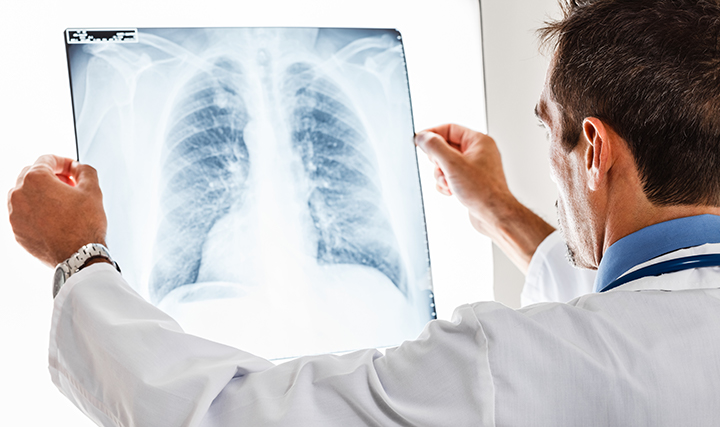
Advances in Lung Cancer Treatment
According to the American Cancer Society, lung cancer is the leading cause of cancer death in the United States , with about 222,500 new cases and 155,870 deaths each year. Fortunately, lung cancer deaths have begun to decline, due to a decrease in smoking. The field of cancer care has also advanced faster than most fields in medicine, and major progress has been made in lung cancer treatments, including surgery (delivered by thoracic surgeons), radiation treatments for lung cancer (delivered by radiation oncologists) and systemic therapies (delivered by medical oncologists)....

Summer Sun Safety – What It’s About and Why
Summer sun safety means you should focus on safe, outdoor fun while you protect your skin from damage, including dry and itchy skin, sunburns and skin cancer. Phoenix, Arizona typically receives 360 hours of sunshine in September, so you have plenty of opportunities to be outside. With a little planning, you can enjoy the summer sun and protect your skin at the same time. Why is Sun Safety Important? You might not think about it, but your skin is the body’s largest organ. It’s exposed to conditions that other organs are not because it’s on the outside instead of the inside of your...
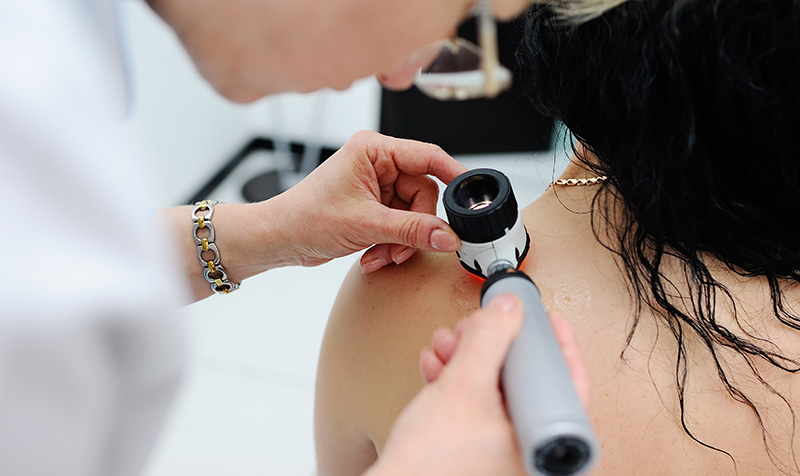
Skin Cancer Risks, Signs, Symptoms & Screening
Skin cancer is the most common form of cancer diagnosed in the United States. Annually, there are more than 5.4 million new cases of non-melanoma skin cancers. While there are fewer cases of melanoma, the incidence of this cancer is on the rise. Many of these cancers can be prevented by protecting skin from excessive sun exposure and avoiding indoor tanning. Read more about skin cancer prevention tips. Risk factors Exposure to ultraviolet radiation from the sun or tanning beds Skin & hair color: People with fair skin, freckling or red or blond hair have a...
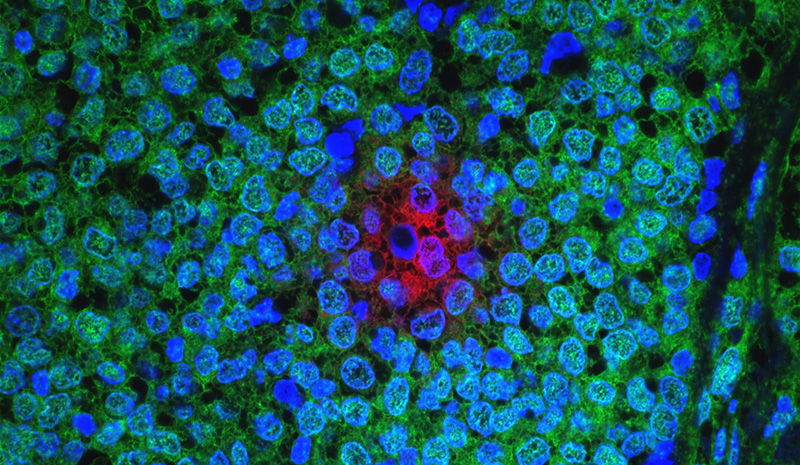
Molecular Profiling and Breast Cancer
By Robert Gin, MD The word profiling has been defined as the use of personal characteristics or behavior patterns to make generalizations about a person. Profiling is used in our everyday lives. When someone knocks on our door and we look through the peephole, we make a split decision on the person’s appearance to decide if we open the door or turn off our lights to show no one is at home. Dating sites and the internet collect data and use that information to present users with a compatible person or products. However, profiling is not limited to just people. Think about walking...

Skin Cancer Prevention Tips: How to Read a Sunscreen Label
Exposure to ultraviolet light is the primary cause of melanoma and nonmelanoma skin cancers and premature aging. Both of these can be largely avoided by protecting the skin from ultraviolet rays – whether from the sun or tanning beds. If you’re going to be outdoors one of the best things you can do to protect your skin is to wear sunscreen. Wearing protective clothing and avoiding the sun at the hottest times of the day (10 am - 4 pm) can also reduce the risk of developing skin cancer. With so many options, numbers and phrases on sunscreen packages, going to the store to choose the...

Surviving Cancer: Moving Beyond One Day at a Time
Cancer affects more than 1.7 million people in the US today. More than 15.5 million Americans will be living beyond cancer. The American Cancer Society reports a majority of cancer survivors (67%) were diagnosed 5 or more years ago, and 17% were diagnosed 20 or more years ago. Prostate, breast and colorectal cancers are the most common diagnoses among survivors. The increase in survival rates over the last 5 years can be attributed to early detection methods for cancer screening, and advancements in identifying new targeted cancer therapies. As cancer detection...
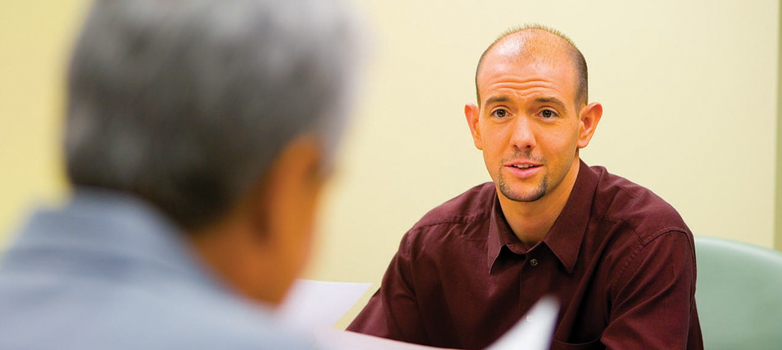
Prostate Cancer Treatment
One in seven men will be diagnosed with prostate cancer, the most commonly diagnosed cancer in men excluding skin cancer. Men, aged 65 or older, have a family history of prostate cancer, a female relative with a BRCA positive breast cancer, or are African American, have a greater risk of being diagnosed. Though prostate cancer can be a serious and scary diagnosis, many men are not likely to die from prostate cancer. Signs and Symptoms of Prostate Cancer Prostate cancer in its early stages usually has no symptoms. As the cancer grows, men may have difficulty urinating, urinate...

How Does Your Family’s History of Melanoma Affect You?
Is Melanoma Genetic? Melanoma is the most dangerous type of skin cancer. It forms in the cells that produce melanin, which is the substance responsible for your skin's color. Exposure to ultraviolet radiation (UV rays) from the sun or tanning beds increases the risk of developing any skin cancer. In the case of melanoma, experts say there's also a strong link between genetics (your family history) and your risk of developing melanoma. Family History and Genetic Factors If one or more of your parents, siblings or children develop melanoma, you have a higher risk of developing melanoma...
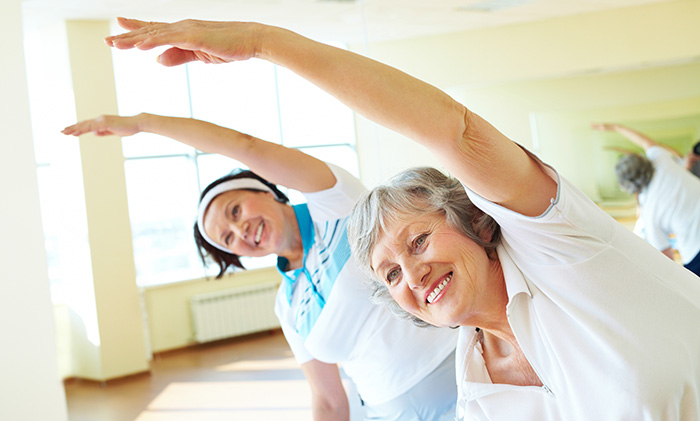
How Exercise Can Benefit Cancer Patients in Active Cancer Treatment
If your oncologist told you there was something safe, free, beneficial and often enjoyable you could do to improve mental and physical health while you undergo active cancer treatment, you might enthusiastically agree right away. Or, you might be skeptical. The good news is that research shows there is such an activity: Exercise! It's true that cancer patients grappling with the tolls of radiation and chemotherapy typically don't make exercise a priority. They can feel physically and mentally exhausted by their cancer treatment regimens. Ironically, if you push through your initial...


